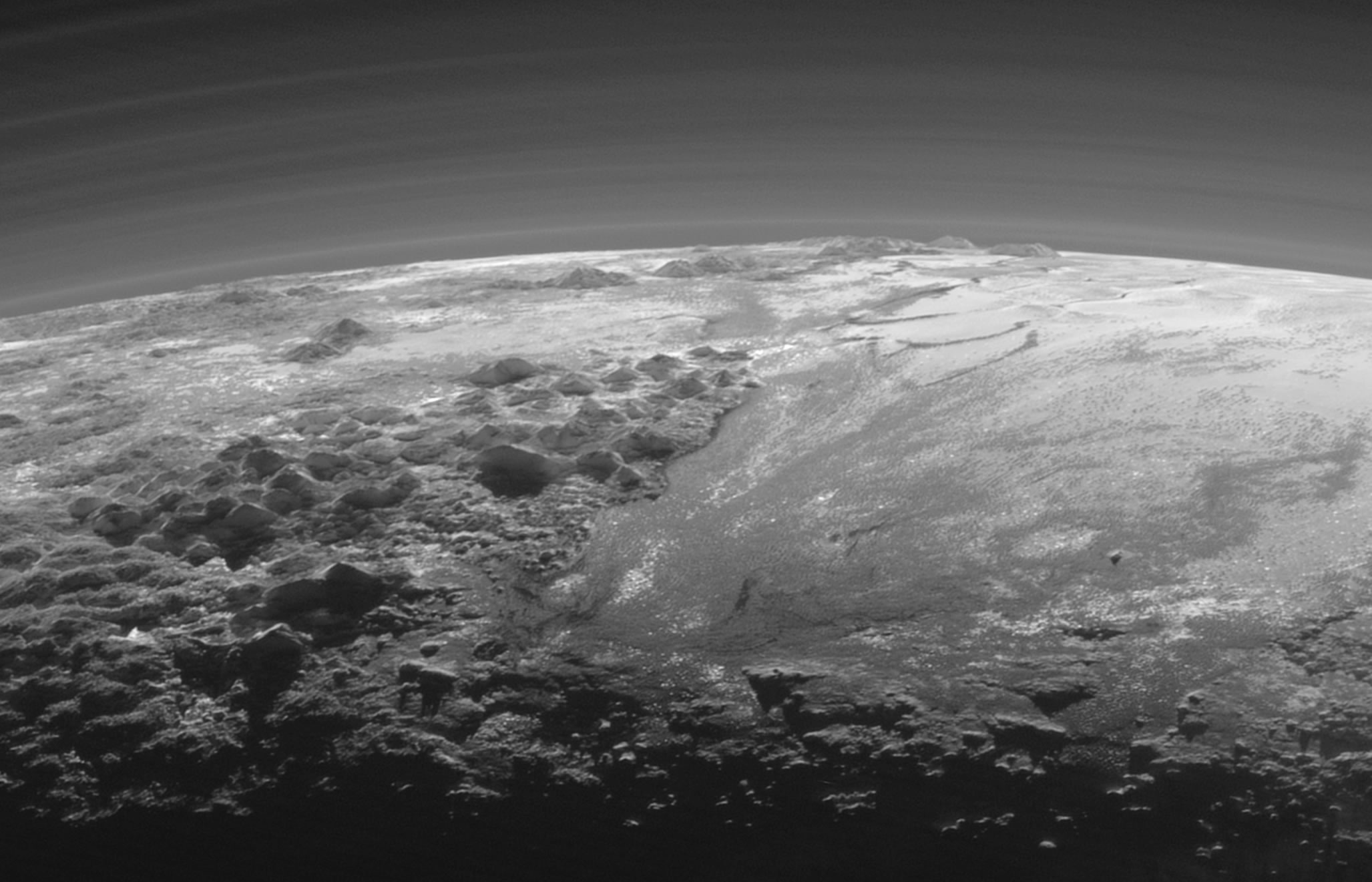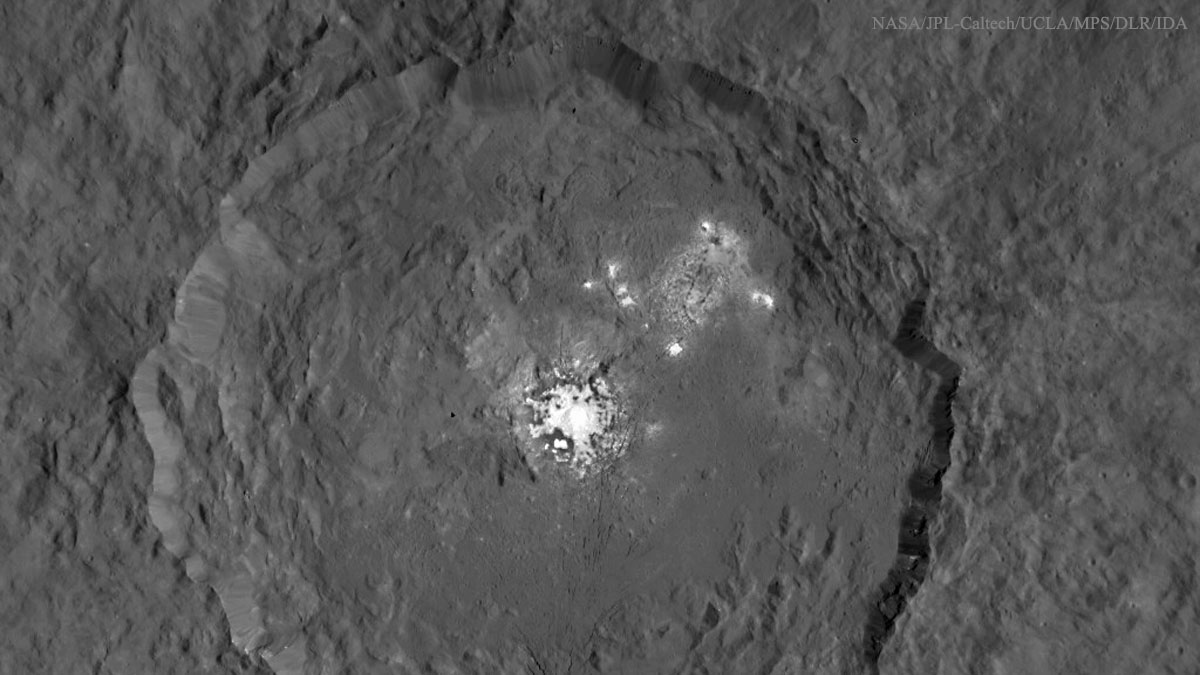I thought it might be foreign made - Canadian or British - but the credits call out only the Film Bureau of New York. More importantly though, the credits roll on for page after page to NASA, JPL, and Lockheed-Martin. So basically the film is an infomercial for manned exploration of the solar system. Early on the woman who is the corporate project manager says that they we have to send people because people contain "unquenchable will to make things work and get the job done." or some such.
The film totally fails as an informercial. In fact, it is a testament against manned space exploration. I'm going to go into details, so, if you are going to watch the movie, please go do so and read the rest after you're done.
* * * SPOILER ALERT * * *
I'm just going to list all the bogosity here, in no particular order.
- Most of the 6-person crew (4 men, 2 women) are way too high strung to be astronauts, particularly for what would be a, what, 3 or 4 year mission. Particularly the female oceanographer who sits around looking tense all the time. Astronauts like airline pilots I would think are chosen to be stolid, phlegmatic, unemotional.
- Space missions only "wing it" when absolutely necessary. They totally go by the numbers unless it is completely unavoidable. The 1st crew death occurs as a result of when a damaged solar module won't come out and the 2 guys working on it decide after about 4 seconds discussion to pry and yank it out. The 2nd crew death occurs after the oceanographer, at the limit of her range from the lander on Europa, sees glimmering lights, decides to move after them, and the commander in the lander says "Yeah, go for it".
- Plot tension is generated by having the lander miss its target by 100 meters (the oceanographers walk). They wanted to land on an area showing thermal anomalies - heating. As soon as they are down, they find out the thermal anomalies are melting the ice and making it unstable - duh!
- The "compelling purpose" of the mission was to look for life in the seas of water underneath Europa's icy shell. And finding other life "would be the greatest discovery in the history of science". Wrong, wrong, wrong. I guess sometimes scientists, NASA administrators, etc. do speak like this, trying to build excitement for budgets, but, it just ain't so - it ain't science. Science is The Scientific Method, and 10000s of discoveries over the history of mankind, always building to some extent on prior discoveries. Science is a team sport. I see finding other life as pretty inevitable. When it happens, it will be just another brick in the wall.
- The whole concept - send 6 people to Jupiter with no backup, no contingency plan - just seems so wrong. I'd guess at least a 50% probability of it being a suicide mission - hey, I was right, they all die! But, the last 2 alive scavenge life support to repair their busted Earth comm so they can get the news back. Surely there's a better way!

Or this one, of the odd shiny spots on the largest asteroid Ceres. 
When we do want to try to create human presence off of the Earth, say on the Moon or Mars, why not send teams of robots to first setup facilities to build more robots (if possible), and then build the structures for humans to come inhabit? It will take a fraction of the cost, and greatly delay the inevitable PR blowback from the 1st human deaths, which we know will eventually occur.
This seems like the only way to go that makes sense to me. You're going to have to have the facilities to create raw materials, particularly oxygen and water, for human inhabitants sooner rather than later. Let's let the robots do it!

No comments:
Post a Comment